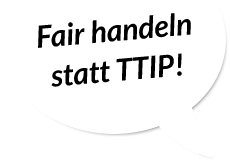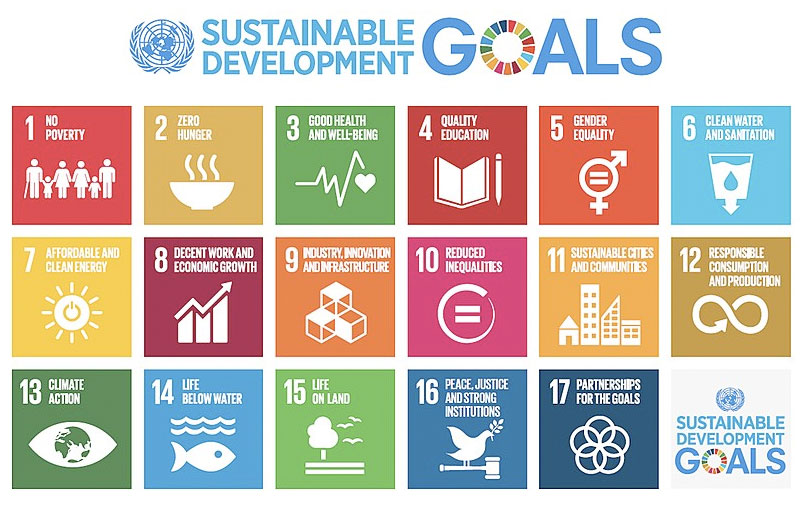MdEP's: Verhandlungen mit Chile auf den Prüfstand!
Abgeordnete des Europäischen Parlaments, darunter die Handelsexpert:innen der LINKEN und der Grünen, Helmut Scholz und Anna Cavazzini (Grüne), sowie 28 weiteren Mitgliedern des Europaparlaments haben einen offenen Brief (s.u.) an Spitzenrepräsentanten der EU-Kommission übermittelt. Die 30 Europaabgeordneten überwiegend von Linksfraktion, Grünen und S&D fordern, dass die EU-Kommission die Konsequenzen des demokratischen Wandels in Chile respektiert, ebenso den laufenden Prozess der Volksabstimmung über die neue Verfassung. Beides müsse zu einer Überprüfung des Verhandlungsergebnisses des Assoziierungsabkommens mit der alten chilenischen Regierung führen, insbesondere auch hinsichtlich der Konformität mit der neuen Verfassung. Vertragselemente zu Marktzugang im Dienstleistungssektor, zur öffentlichen Beschaffung und insbesondere auch beim Zugang zu Rohstoffen und den Energiesektor betreffende Regelungen könnten hier im Konflikt mit den neuen Ansprüchen der Verfassung stehen, welche die Versorgung der Bevölkerung, den Schutz der Umwelt und die Sicherung der Rechte auch der indigenen Bevölkerung garantieren will. Wie Helmut Scholz betonte, stehe beiden Seiten das Recht zu, das in den vergangenen vier Jahren mit der Vorgängerregierung ausgehandelte Abkommen vor der Unterzeichnung noch einmal zu sichten.
|
To: Valdis Dombrovskis, Executive Vice President / European Commissioner for Trade Josep Borrell, High Representative of the European Union for Foreign Affairs and Security Policy/ Vice-President of the European Commission cc: Sabine Weyand, Director-General of DG Trade |
Modernisation of the association agreement between the European Union and Chile
Dear Executive Vice President, dear High Representative,
We thank you for your letter of 22 December 2021 in reply to our letter outlining concerns regarding the speed of negotiations on the modernisation of the EU-Chile Association Agreement and the resulting possibility of undermining the Constitutional process in Chile.
In our letter we called for the extension of the negotiating process. The negotiations were announced as closed at technical level in the autumn of last year although some elements remained open. Only a few weeks later, the Chilean people elected a new government while a constituent assembly was in the middle of its mandate of drafting a new Constitution. The government of Sebastian Piñera was outvoted after enormous and unprecedented popular mobilizations that were met with harsh repression.
We welcome the acknowledgement in your letter that there is scope to review certain aspects of the agreement before the signature and we highlight the importance to provide such opportunity to the newly elected Chilean government.
Chile’s new government started its term only in March. The constituent assembly finalized its work on July 4 and the new Constitution will be submitted to a popular referendum in September. We share your view that additional time should allow for scrutiny in light of the outcome of the constitutional process in Chile.
In this context, we express our support for continuing the negotiations with our Chilean counterparts, with the aim of reaching a mutual understanding on the outstanding issues.
Political and economic relations are and remain excellent between the EU and Chile. The current trade agreement already guarantees the reduction of tariffs on almost all goods, including raw materials such as lithium, which is becoming increasingly important for EU’s energy transition.
The Chilean government announced that it will initiate a public consultation process, similar to those that the EU itself is implementing, and a revision of the texts by the new government is underway.
In this context, we ask the Commission:
- to recognise the profound changes in progress in Chile;
- to fully respect the Chilean democratic process, and the new government’s need to make a thorough assessment of the texts negotiated by the previous government;
- to provide the necessary time to the Chilean government to evaluate how the agreement relates to their government programme;
- to stand ready to renegotiate elements of the draft agreement as outlined in your letter sent on 22 December 2021 on the subject matter, and therefore,
- to refrain from speeding-up the signature of an agreement that was negotiated before the new constitution and by a highly unpopular government.
We are confident that the European Commission will take the current state of play into account and demonstrate the political skills of dialogue necessary to create a climate of confidence between the parties, building on the above-mentioned elements.
Yours sincerely,
Helmut Scholz, MEP
Anna Cavazzini, MEP
Maria Arena, MEP
Konstantinos Arvanitis, MEP
Manon Aubry, MEP
Pernando Barrena, MEP
Marc Botenga, MEP
Reinhard Bütikofer, MEP
Leila Chaibi, MEP
Clare Daly, MEP
Özlem Demirel, MEP
Cornelia Ernst, MEP
José Gusmão, MEP
Anja Hazekamp, MEP
Niyazi Kızılyürek, MEP
Aurore Lalucq, MEP
Pierre Larrouturou, MEP
Chris MacManus, MEP
Erik Marquardt, MEP
Marisa Matias, MEP
Emmanuel Maurel, MEP
Tilly Metz, MEP
Martina Michels, MEP
Dimitrios Papadimoulis, MEP
Sandra Pereira, MEP
João Pimenta Lopes, MEP
María Eugenia Rodríguez Palop, MEP
Jordi Sole, MEP
Miguel Urban Crespo, MEP
Idoia Villanueva Ruiz, MEP
Schlagwörter
- Artikel teilen
- Zum Seitenanfang

